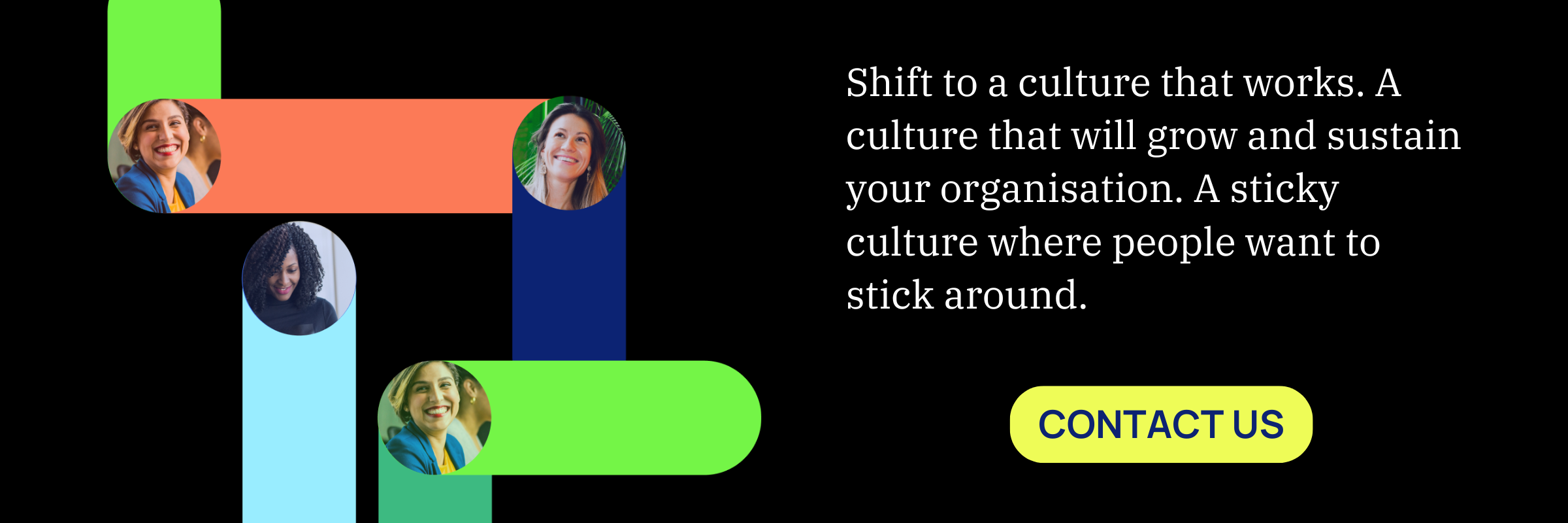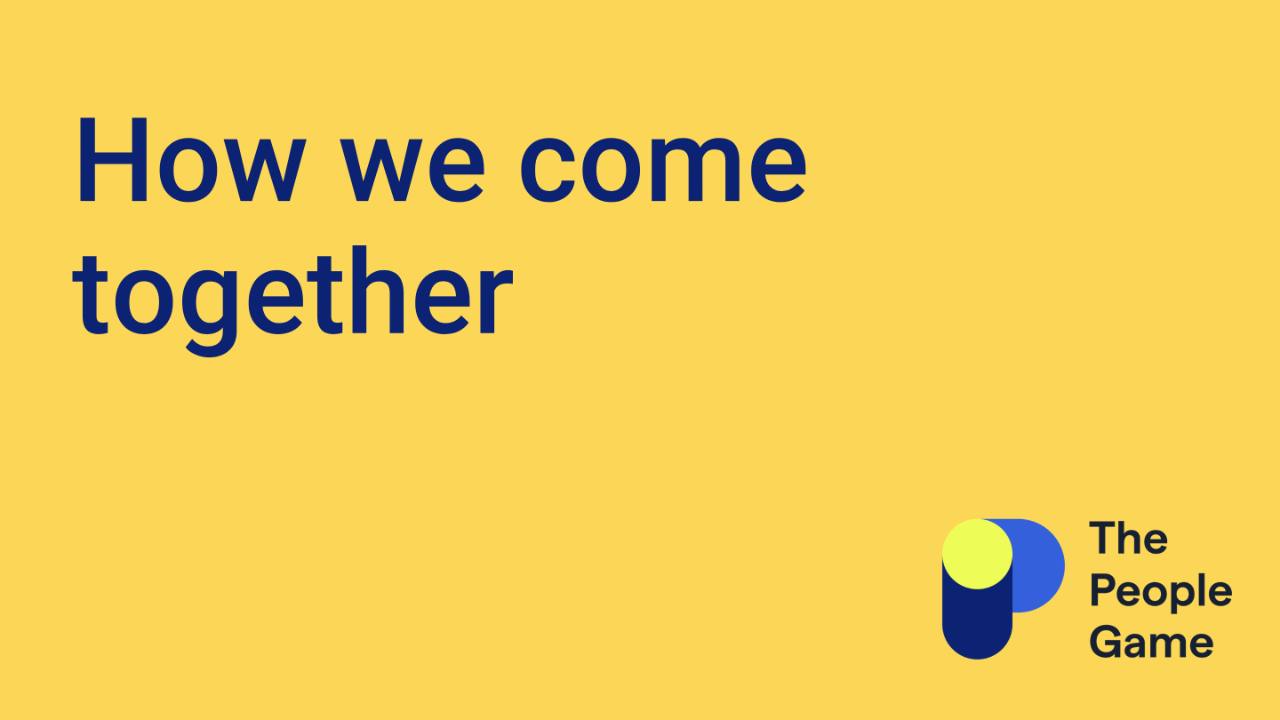Embracing Adaptability: Cultivating Readiness in Your Team and Yourself

In a world where change is the only constant, adaptability isn’t just a skill—it’s a necessity. At The People Game, we know that the ability to adapt quickly and effectively is what sets high-performing teams and leaders apart. Building adaptability within your team and yourself is crucial for staying ahead of the curve and navigating whatever comes next.
In this edition of our newsletter, we delve into the importance of adaptability, how to cultivate readiness, and practical ways to grow adaptability within your team and yourself as a leader.
The Importance of Adaptability
Adaptability is the capacity to adjust to new conditions and challenges swiftly and effectively. It’s about being flexible, open-minded, and resilient. In today’s fast-paced business environment, adaptability is a key driver of innovation, problem-solving, and long-term success.
1. Develop a Growth Mindset
A growth mindset is the foundation of adaptability. It’s the belief that abilities and intelligence can be developed through dedication and hard work.
Shift: Encourage a culture where learning and growth are valued. Highlight the importance of effort and persistence. Celebrate learning opportunities and progress, not just final outcomes.
2. Foster a Culture of Continuous Learning
Continuous learning is essential for staying relevant and adaptable. It equips team members with the knowledge and skills needed to tackle new challenges.
Shift: Provide access to training programs, workshops, and online courses. Encourage team members to pursue professional development opportunities. Create a learning environment where knowledge sharing is encouraged and valued.
3. Encourage Experimentation and Innovation
Innovation thrives in environments where experimentation is encouraged and failures are seen as learning opportunities.
Shift: Promote a culture of experimentation. Allow team members to try new approaches and learn from their mistakes. Recognise and reward innovative ideas and solutions, regardless of the outcome.
4. Embrace Flexibility
Flexibility in work arrangements and thinking patterns enhances adaptability. It allows teams to respond swiftly to changing circumstances.
Shift: Implement flexible work policies, such as remote work options and flexible hours. Encourage open-mindedness and flexibility in problem-solving. Show that you value adaptable thinking by being open to new ideas and approaches.
5. Build Strong Communication Channels
Effective communication is crucial for adaptability. It ensures that information flows smoothly and that everyone is aligned with changes and new directions.
Shift: Establish clear and open communication channels. Use regular check-ins, team meetings, and collaborative tools to keep everyone informed and engaged. Foster an environment where feedback is encouraged and valued.
6. Cultivate Resilience
Resilience is the ability to bounce back from setbacks and remain focused on long-term goals. It’s a critical component of adaptability.
Shift: Encourage a positive outlook and perseverance in the face of challenges. Provide support and resources to help team members manage stress and maintain their well-being. Recognise and celebrate resilience and perseverance within the team.
7. Lead by Example
As a leader, your actions set the tone for your team. Demonstrating adaptability in your own behaviour encourages your team to follow suit.
Shift: Show your team how you adapt to changes and challenges. Share your experiences and lessons learned. Be open to feedback and willing to adjust your approach when necessary.
8. Encourage Collaborative Problem-Solving
Collaboration enhances adaptability by bringing diverse perspectives and skills to the table. It fosters a sense of shared responsibility and collective problem-solving.
Shift: Promote teamwork and collaboration on projects and challenges. Use team-building activities to strengthen bonds and improve communication. Encourage team members to seek input and feedback from their colleagues.
9. Create a Vision for Change
A clear vision for change provides direction and purpose, helping to guide your team through transitions smoothly.
Shift: Communicate the reasons for change and the benefits it will bring. Involve your team in shaping the vision and strategy. Regularly update them on progress and celebrate milestones to keep the vision alive.
10. Provide Opportunities for Growth
Offering opportunities for growth and development helps to build adaptability. It prepares team members to take on new roles and responsibilities as needed.
Shift: Identify and develop talent within your team. Provide opportunities for career advancement and skill development. Encourage team members to step out of their comfort zones and take on new challenges.
The Bottom Line
Adaptability is a crucial quality for both teams and leaders in today’s ever-changing world. By fostering a culture of continuous learning, encouraging experimentation, and leading by example, you can build a resilient, adaptable team ready to face whatever comes their way. At The People Game, we’re dedicated to helping you and your team thrive through change and uncertainty.
Further Reading
Mindset by Carol S. Dweck - Understanding the difference between a fixed and growth mindset and how it impacts personal and professional development.
The Lean Startup by Eric Ries - A guide to creating and managing successful startups through continuous innovation and adaptability.
Resilient by Rick Hanson - Exploring how to build resilience, inner strength, and adaptability in the face of life’s challenges.
As always, we’d love to hear your thoughts and experiences. Leave a comment or join the conversation on our social media channels on Facebook and Instagram.
The People Game







Responses